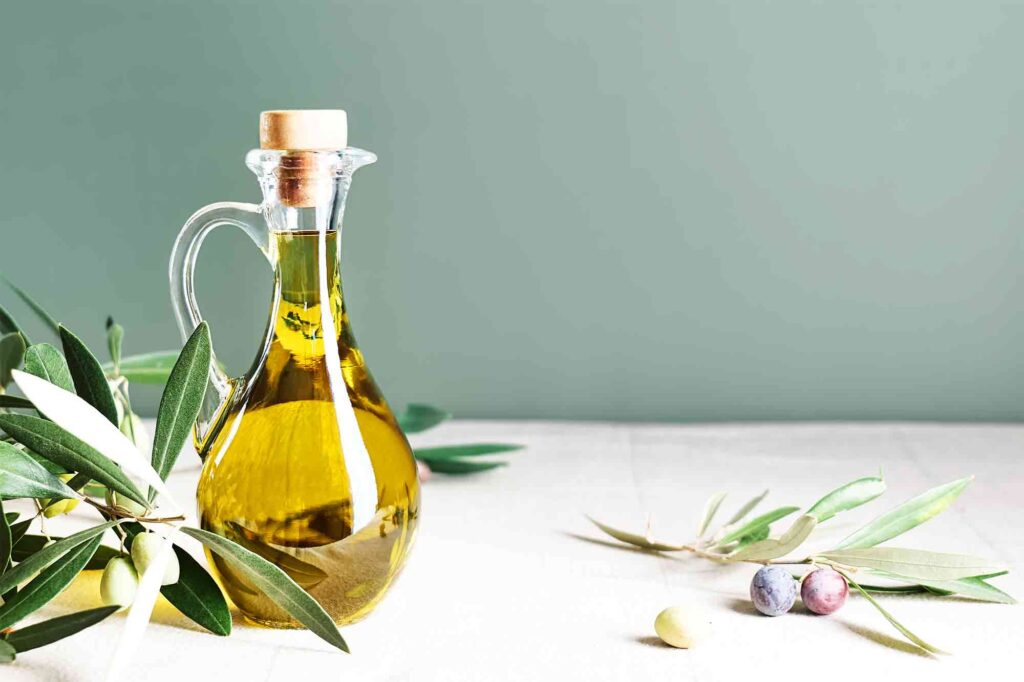In the heart of the Mediterranean, where centuries-old traditions meet modern agriculture, a silent but significant transformation is taking place.
Climate change, with its rising temperatures and erratic weather patterns, is casting a long shadow over the beloved olive tree, the source of the liquid gold known as olive oil.
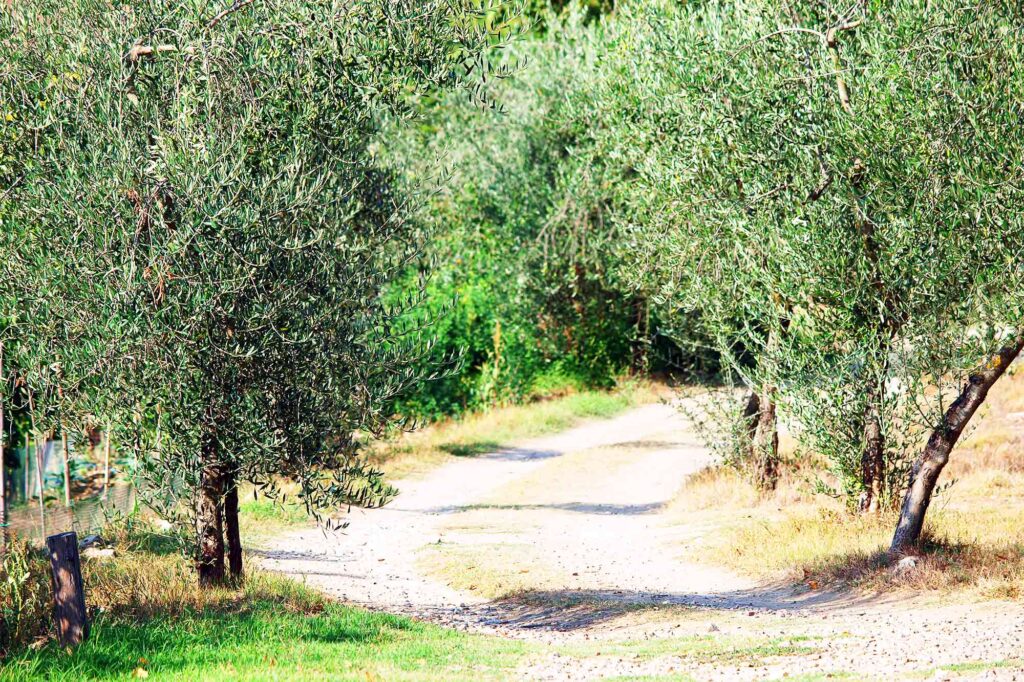
Olive oil has been a symbol of health and prosperity for millennia, revered not only for its culinary uses but also for its cultural significance.
However, the olive groves that have thrived in the Mediterranean climate for thousands of years are now facing unprecedented challenges.
One of the most immediate impacts of climate change on olive oil production is the increasing prevalence of extreme weather events.
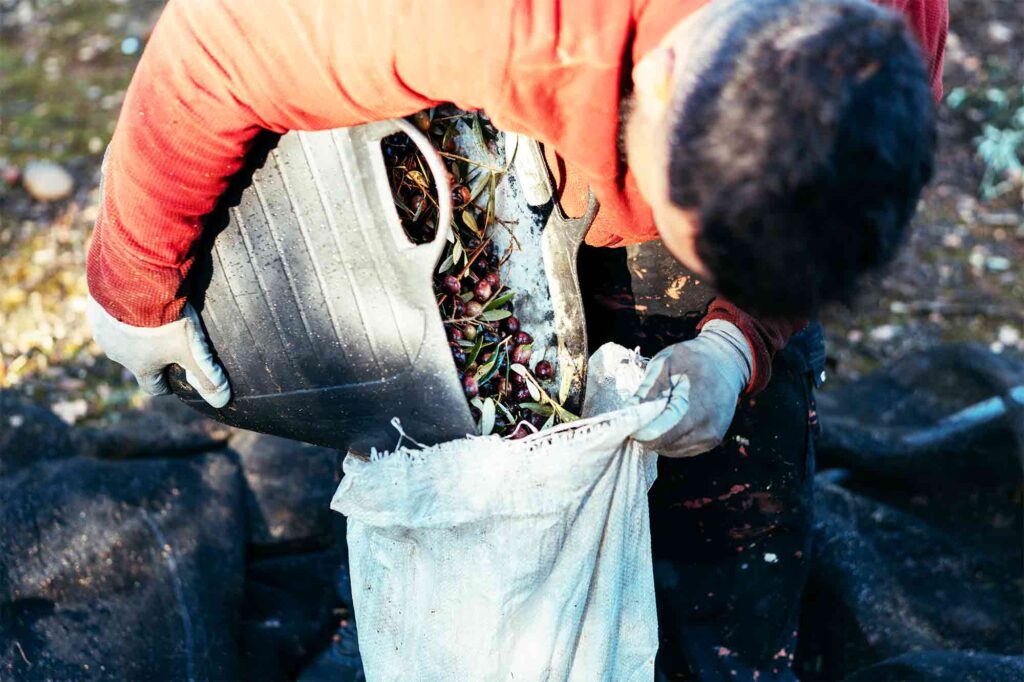
Unpredictable frosts, scorching heatwaves, and prolonged droughts are becoming more common, disrupting the delicate balance that olive trees require to produce high-quality fruit.
These extreme conditions not only reduce yields but also compromise the quality of the oil.
Temperature fluctuations play a crucial role in determining the taste and aroma of olive oil. Warmer temperatures during the flowering season can lead to poor fruit set and increased susceptibility to pests and diseases.
In contrast, cooler nights and mild winters are essential for maintaining the oil's acidity and preserving its distinctive flavors.
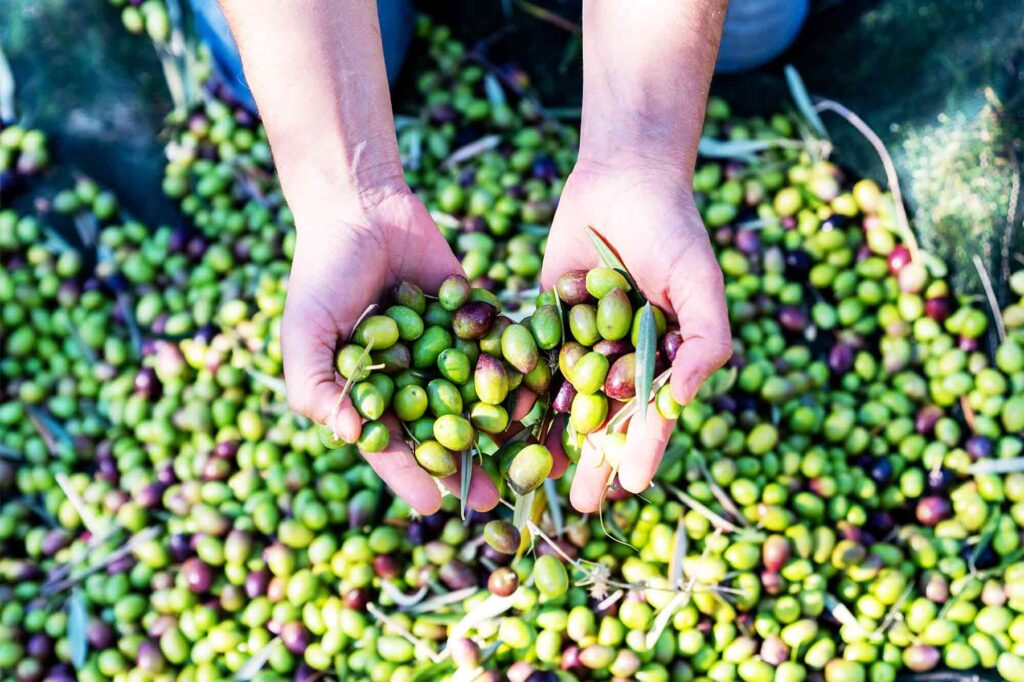
The changing climate is also altering the geographical distribution of olive groves. As temperatures rise and rainfall patterns shift, some traditional olive-growing regions are becoming less suitable for cultivation.
Conversely, areas that were once considered marginal for olive production are now becoming viable options, leading to shifts in the global olive oil supply chain.
Adapting to these challenges is essential for both the olive oil industry and the communities that depend on it.
Farmers are experimenting with new olive varieties that are more resilient to extreme conditions, and sustainable farming practices are gaining traction to conserve water and reduce carbon emissions.
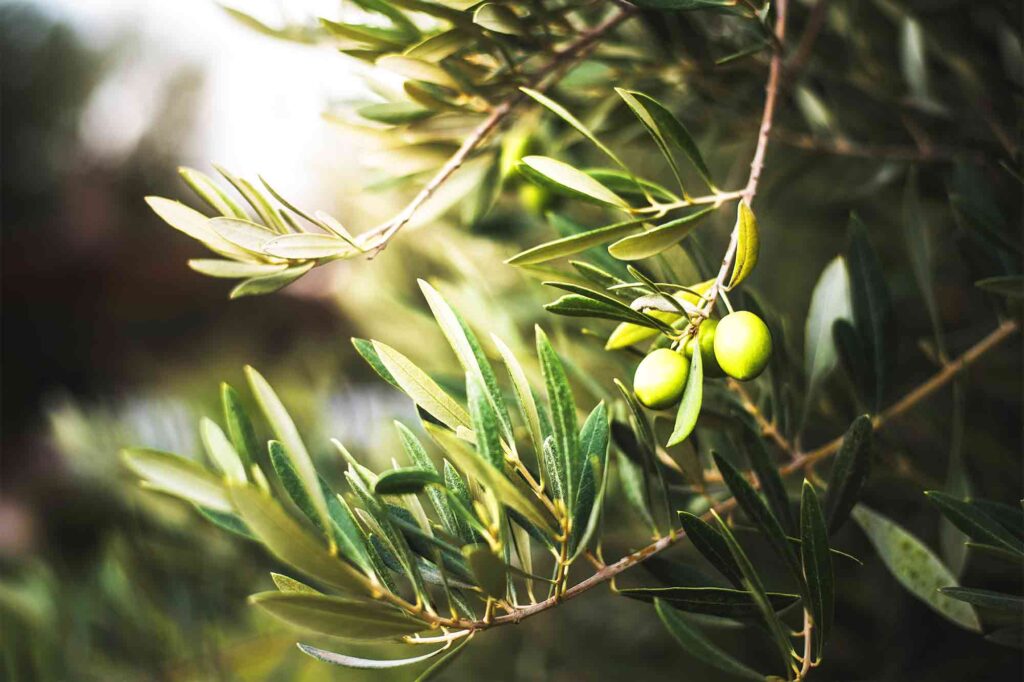
Consumers, too, play a crucial role in the future of olive oil.
By supporting sustainable and local producers, choosing olive oils with eco-certifications, and reducing food waste, individuals can contribute to the resilience of this iconic Mediterranean crop.
In conclusion, the future of olive oil is at a crossroads, and the decisions made today will shape its destiny. While climate change poses significant threats, it also presents an opportunity for innovation and adaptation.
By addressing the challenges head-on and embracing sustainable practices, we can ensure that olive oil remains a cherished part of our culinary and cultural heritage for generations to come.

